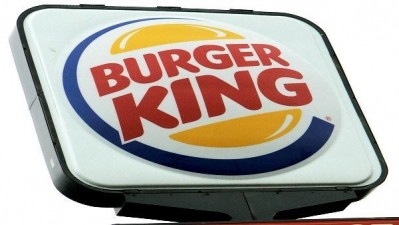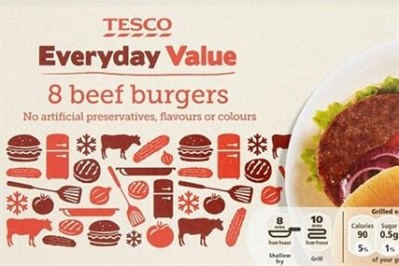Doubts raised about DNA study of horse meat in burgers

In one sample tested by the FSAI and sold by Tesco, horsemeat accounted for 29% of the total meat content. However, in other burger products tested by the FSAI, detected levels of equine DNA were so low as to be at the chemical detection limit.
Molecular biologist and principal scientist at Leatherhead Food Research Dr Angus Knight told FoodManufacture.co.uk: “The 29% sample seems odd, either suggestive of gross adulteration or analytical error. There are no other samples at such a high level, which makes it stick out like a sore thumb. How do we know it hasn’t been contaminated in the laboratory?”
Knight said he requested a copy of the scientific report describing the latest findings but the FSAI told him the report would not be published while the investigation was still ongoing.
He said: “You can’t tell from the FSAI website how many times the test has been repeated or what confirmatory analysis was, or was not, used. If you’re going to make this kind of information public people are quite rightly going to ask for background information, and not to have it available is pretty poor.”
A FSAI spokesman said:"The robustness of the controls in place for both the qualitative and quantitative DNA tests conducted – using two independent, accredited analytical laboratories – means the test results are reliable. Our investigation is ongoing and further details will be made available when this process is complete."
‘DNA will pick up molecules’
Knight’s doubts followed those of the founder of ABP Food Group, which owns Silvercrest Foods – the beef processing firm at the centre of the scandal.
In his first interview in 25 years, Larry Goodman, founder and executive chairman of ABP Food Group, told the Financial Times: “We are talking about DNA testing and DNA will pick up molecules and something in the air.
“I would not be surprised if there was not cross-contamination of various species if one were to do DNA testing.”
Food safety expert and principal policy officer at the Chartered Institute of Environmental Health Jenny Morris said the 29% sample was unlikely to be airborne.
She told Food.Manufacture.co.uk: “You would expect sampling of this kind to go to laboratories with very rigorous standards. In the case of these burgers, they have found different levels of horsemeat – one at 29%, which is very unlikely to be airborne.
“For cross-contamination to happen the product has to present on the premises. If we’re saying there’s no horse meat used on the premises then how could it get there?”
‘The company is still shocked’
An ABP Food company statement said: “ABP Food Group has never knowingly bought or processed horsemeat and the company is still shocked by a finding of 29% equine DNA in one burger sampled in the FSAI survey.”
ABP Food is now investigating a protein powder imported from a Dutch third-party supplier as a possible source of contamination. The product is used as a bulking agent.
A spokesman for the Netherlands Food and Consumer Product Safety Authority confirmed that it was working with “colleagues in Irish food safety” to investigate “one or more companies” as possible sources of contamination.
Liffey Meats also linked the traces of equine DNA to raw ingredients imported from an EU-approved plant.
The firm also stressed the fact that the levels of equine DNA detected in its products were “minute”.
A company statement said: “In two of the three samples the levels (as officially reported by the FSAI) are so low as to be at the Limit of Quantification (LOQ =<0.016%). In the case of the third sample the level reported is less than 0.1%.”
Knight raised doubts about the validity of a signal that low. He said: “When you have a signal which is low it’s potentially a false positive, which means you can detect it, but it’s not necessarily the thing you’re looking for. It may be background noise or owing to an artifact of the analysis. From the information provided we just cannot tell.”
















